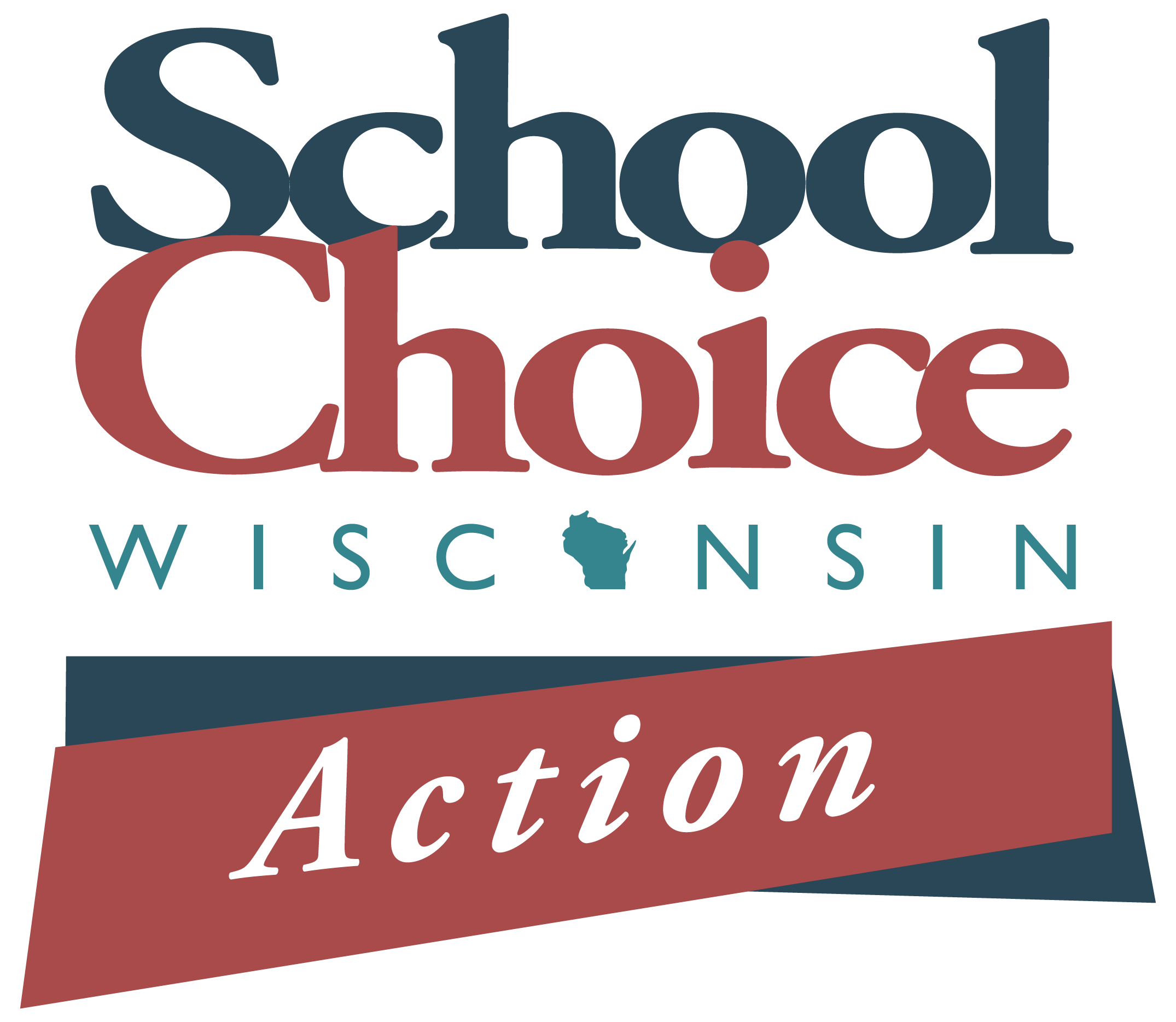Wisconsin’s Parental Awakening
For Immediate Release
February 28, 2022
One of the nation’s leading opinion research firms conducted a random, scientific sample poll in February of likely Wisconsin voters. The survey focused largely on education issues. It showed significant support, across the political spectrum, for policies that expand parent options. Respondents also were in broad agreement on what they see as constituting “parent rights.”
“There’s been a parental awakening in Wisconsin. While voters might be divided on any number of non-education issues, there is substantial agreement when it comes to education,” said Nicholas Kelly, President of School Choice Wisconsin.
A comprehensive summary of poll results can be found here.
Earlier this week SCW highlighted three segments of the poll, as follows:
- Voters strongly disagree with the statement, by the Vice Chair of the Democratic party, that parents who want “to have a say” in their child’s education should home school or pay tuition at a private school.
- Voters back current school choice programs. They believe they should be expanded to make all parents eligible. They believe they should be fully funded.
- Voters believe parents have clear rights when it comes to their child’s education.
The survey was conducted between February 13th and 16th by OnMessage Inc., a national public opinion research firm. OMI is a national polling firm with decades of experience of public opinion research with regards to school choice issues and more than 30 years of experience in Wisconsin. Within the state, OnMessage has served as lead pollster for candidates at every level of government as well as for numerous non-political clients. In 2019 head OMI pollster Wes Anderson was recognized by the American Association of Political Consultants as “Pollster of the Year”.
This live-caller survey was conducted via cell phone and landline and was stratified to reflect historic voter trends. Respondents were then screened as likely voters for the 2022 election. This survey consists of 700 likely voters and the margin of error is +/- 3.7%. The survey polled an equal number of those who identify as Democrats or Republicans. Fifteen per cent of those surveyed identified as independents.
###
